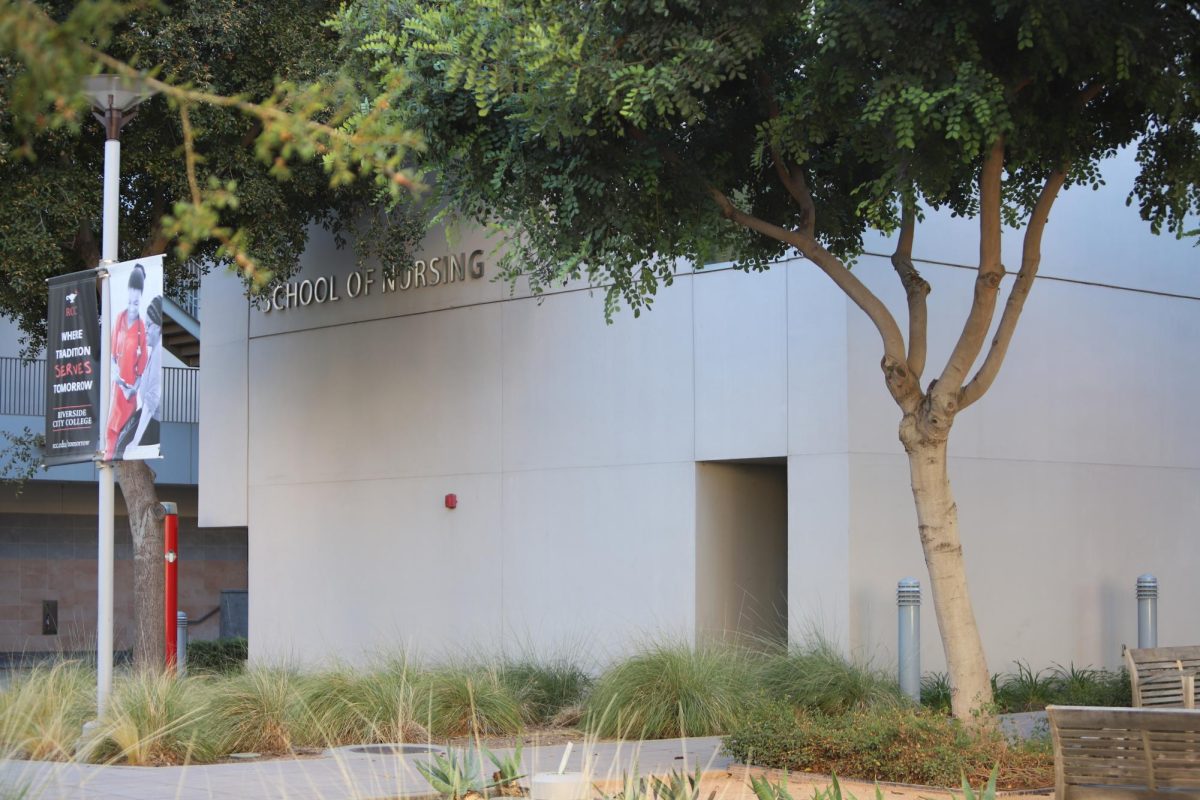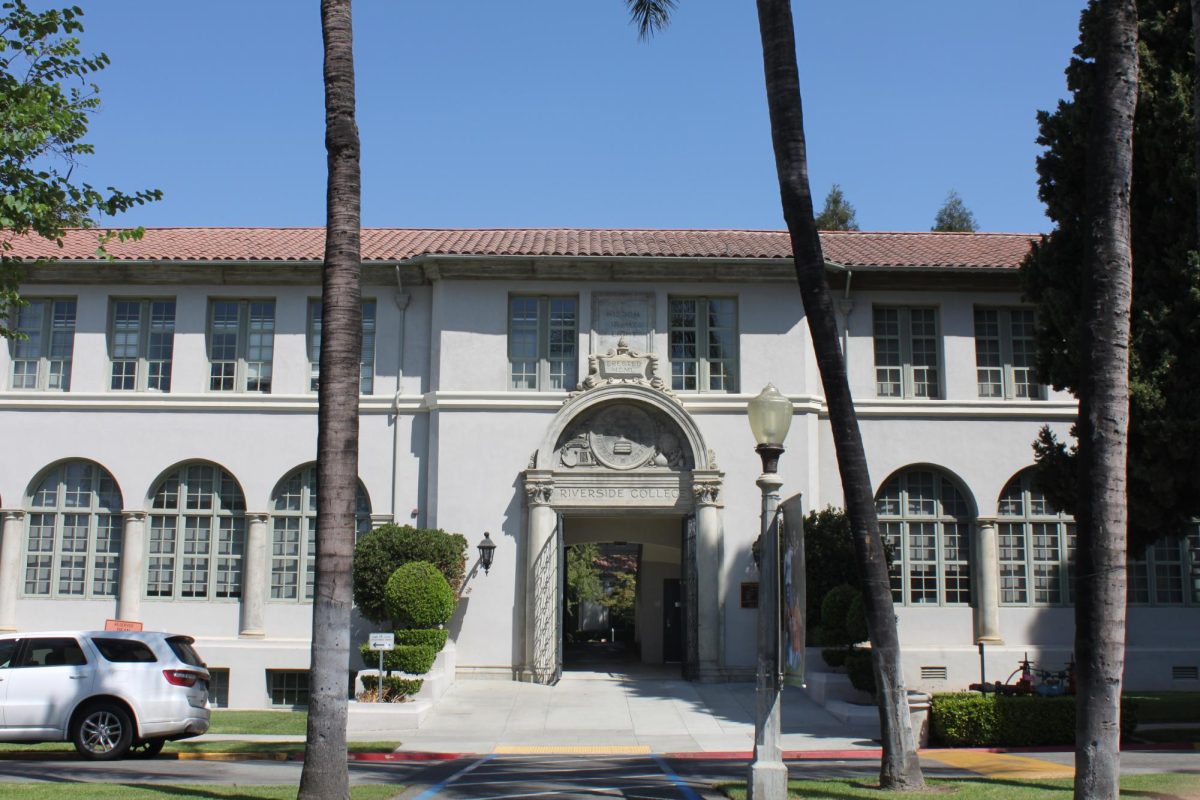
By Jennipher Vasquez
The Riverside Community College District Academic Senate voted against reinstating the study abroad program Sept. 27.
Chancellor Wolde-Ab Isaac initiated the meeting by giving his report and initiatives that he agreed should be implemented moving into the winter and spring 2022 academic sessions.
“I would like the senate to look at the assessment and the design of study abroad,” he said. “In its role of helping and improving the quality of education, it is supposed to contribute to the global awareness of our students.”
Isaac said the current design of the program only moves the classroom from one country to another with an identical curriculum, which defeats the purpose of a program that costs $8,000 per student.
“I think it’s very important for us to look at the content and design of it so that it meaningfully contributes to our students’ experience, allowing them to be immersed into other cultures and other systems,” Isaac said.
Mark Sellick, RCCD academic senate president, said he is concerned about where funding stands for the study abroad program.
“We have struggled with simply having representatives to sit on the committee to make determinations about who is going to be going on study abroad programs,” Sellick said. “If the district is committed to funding it, unless we balk at its integrity in terms of the academic programs, or it’s not ensuring student success, it is not our job to make determinations about the best use of scarce resources.”
Sellick also brought up the lack of communication between the study abroad program coordinator and the academic senate.
“Perhaps he doesn’t understand that the academic senate oversees academic programs,” he said. “We should have a discussion and then schedule a clear, transparent way that we’re going to go forward, which has not been done in the last two years.”
The motion to approve reinstating the study abroad program lost 0-4.
The senate also voted on the curriculum plans for the upcoming winter and spring sessions. Sellick motioned for the curriculum to move forward with the DX plan for winter, and DE for spring session. The DE plan outlines that some courses may be scheduled for an online format with the same quality standards in distance education that apply to regular classroom courses.
“For the spring, as Dr. Isaac mentioned, we are trying to move more towards face-to-face and having at least 40% of all teaching loads be face-to-face,” said Jeannie Kim, interim vice chancellor of educational services and strategic planning. “I believe that the way the spring schedule is being developed right now is already in alignment to be able to provide for that face-to-face engagement and so, I think we should be in good standing.”
Kim added that the vaccination rate among students is continually increasing and they are encouraging students to get fully vaccinated to avoid any registration holds for the upcoming semester.
The academic senate voted in favor of the curriculum committee’s proposal for DX in the winter session and regular scheduling and addendum for the spring 2022 semester, also in agreement with Sellick’s motion.
The final voting item the senate approved was for the definition of Low Textbook Cost, and the matter of LTC and Zero Textbook Cost symbols and processes.










